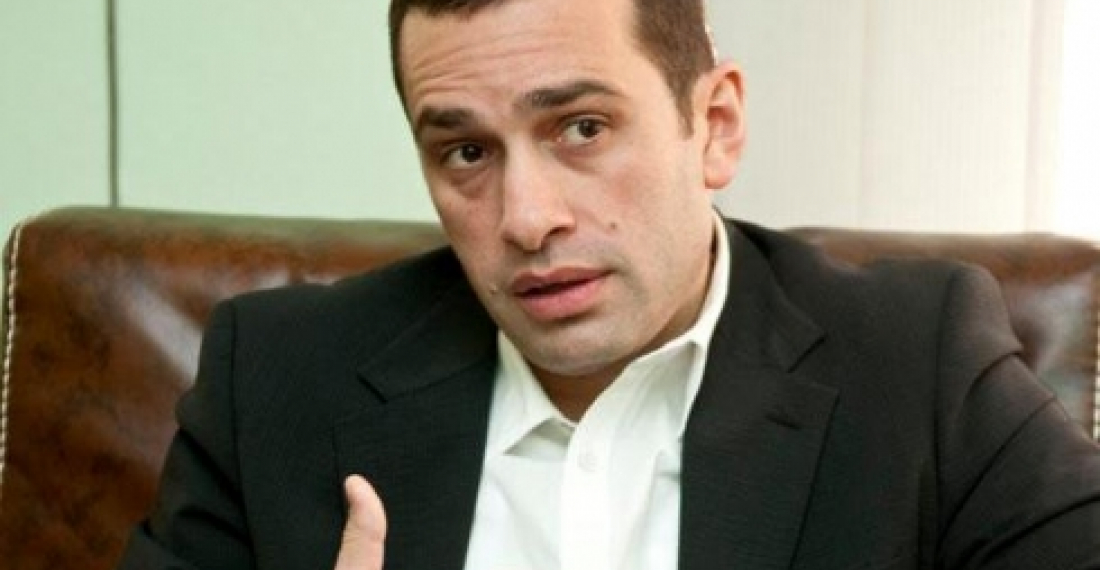Irakli Alasania, Leader of the Our Georgia- Free Democrats, one of the main coalition parties in the Georgian Dream bloc contesting the 1st October Parliamentary elections in Georgia has spoken about a need to refocus Georgian foreign policy towards establishing regional stability in the Caucasus Region, and to concentrate on assisting Georgia's neighbours to settle their differences and build a more integrated region.
In a wide-ranging interview with Caucasus Elections Watch, a weekly publication focusing on electoral processes in the region Alasania spoke in detail about the socio-economic policies of his party.
On foreign policy, Alasania said:
"Free Democrats will ensure Georgia’s pro-Western orientation. NATO and EU membership is Georgia’s destiny. The Saakashvili government is unable to achieve a peaceful accommodation with Russia that allows Georgia to protect its interests and sovereignty, reduces the threat of war, and increases trade and economic development. By bringing stability to Georgia’s relationship with Russia, Free Democrats can further strengthen Georgia’s ties with the West, become more integrated into positive trends of regional economic development, and take its rightful place as a regional power playing a positive strategic role for international trade and security.
Georgia’s foreign policy should be refocused on establishing regional stability in the Caucasus. It should concentrate on assisting its neighbors to settle their difference and build a more integrated region."
The full interview with Irakli Alasaina is available on our partner website www.electionswatch.org







